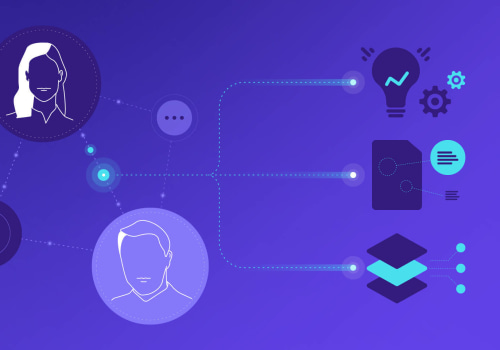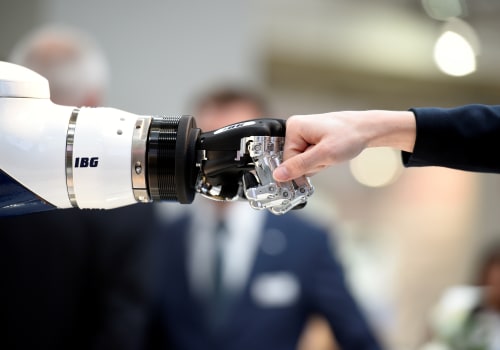In today's digital world, Artificial Intelligence (AI) is becoming increasingly important in the world of marketing and customer service. AI can help companies better understand their customers and create more personalized experiences. By combining big data (powered by AI) with behavioral psychology, companies can generate targeted ads that are highly relevant to customer interests and needs. AI can also help identify and segment customers based on their behavior and psychological profiles, allowing for more personalized messages that are more likely to persuade and motivate them. AI in customer service makes it much easier for human agents to work on fundamental problems, while support agents focus on complicated cases that require human knowledge, empathy and attention.
AI can reduce the need for human intervention to solve a customer service problem, allowing for a positive customer experience and streamlining internal processes. AI-augmented messaging and AI-tagging emails are two of the most important ways in which AI improves customer service. AI can also streamline the sales process by using extremely detailed data about people, including real-time geolocation data, to create highly personalized product or service offerings. As artificial intelligence becomes more advanced, customer service robots learn exceptionally quickly. To ensure these protections and maintain customer trust, CMOs should establish ethical and privacy review boards with legal and marketing experts to review AI projects. The key for marketers to expanding the intelligence and reach of their AI is to ensure that their privacy and security controls are transparent, that customers can have a say in how their data is collected and used, and that, in return, they get a reasonable price from the company.
AI with predictive information has improved its work by facilitating the instant analysis of previous products, inventories or services to recommend relevant items for the customer. Many companies adopt a “track and execute” approach, starting with a standalone task automation application that is not customer-oriented. This technology analyzes the history of user interactions, as well as current market trends, making it easier for companies to predict the future. By leveraging AI technology, businesses can gain a competitive edge in the market by providing customers with an enhanced product or service experience. AI can help companies better understand their customers' needs and create more personalized experiences. Companies can use AI to generate targeted ads that are highly relevant to customer interests and needs.
Additionally, AI can help identify and segment customers based on their behavior and psychological profiles, allowing for more personalized messages that are more likely to persuade and motivate them. AI can also streamline the sales process by using extremely detailed data about people, including real-time geolocation data, to create highly personalized product or service offerings. Furthermore, AI-augmented messaging and AI-tagging emails are two of the most important ways in which AI improves customer service. By using predictive information from previous products or services, companies can provide customers with an enhanced product or service experience. To ensure these protections and maintain customer trust, CMOs should establish ethical and privacy review boards with legal and marketing experts to review AI projects. The key for marketers to expanding the intelligence and reach of their AI is to ensure that their privacy and security controls are transparent, that customers can have a say in how their data is collected and used, and that they get a reasonable price from the company.











